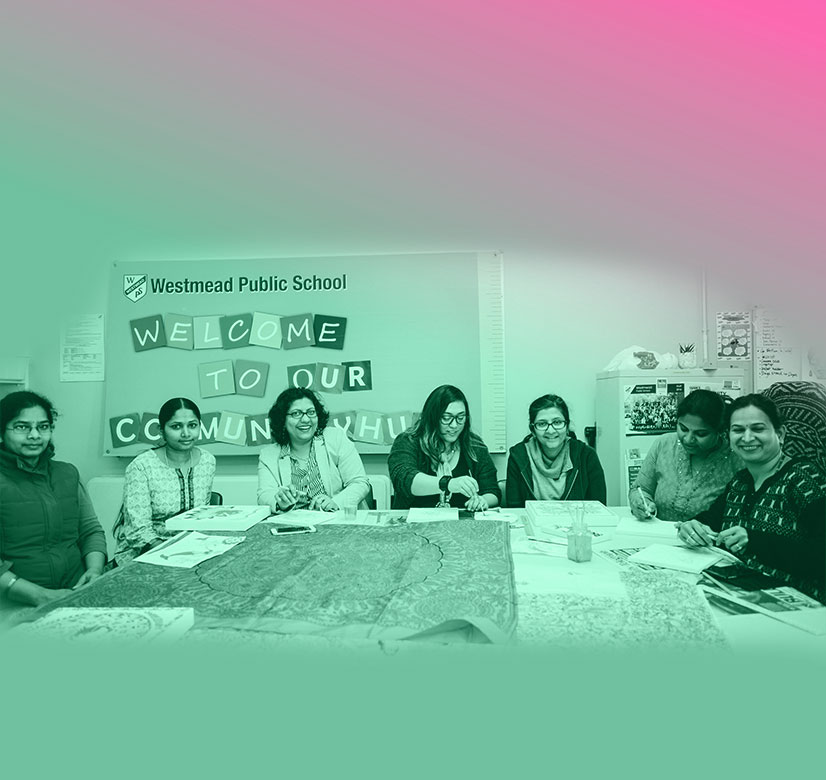6. Critique
Test and tailor programs
Our community hubs are successful because we put the needs of local families and communities at the centre of everything we do.
This place-based, people-focused approach requires each hub leader to actively involve families, school representatives, and local community members in decisions about the type of activities and support that will be offered at their hub. For this reason, every hub – and every hub timetable – is different.

What works – insights from hub leaders
- Start small and be flexible. Remember: quality is better than quantity. Ask questions and adapt what you do and how you do it so it works for your community.
- What you think people need may not be a priority; make sure you understand what people really want.
- Give an activity a go. If it doesn’t work, that’s okay; get feedback to find out why it didn’t work. Learn from it and try something else.
- Check in with families on a regular basis to find out which activities they are getting the most value from and whether anything needs to be re-designed or discontinued.
- Ask other hub leaders about how they run specific programs and activities. They’ve already been through the process, so there’s lots to learn from their experiences.
- Understand what gaps there are in services in your local area and plan how your hub and its partners can respond to address some of these gaps.
Check out the Hubs in Action section of this guide for program ideas and insights from other hub leaders about setting up and running programs.
Consider different ways of designing and displaying your hub’s timetable to make it:
-
attractive and engaging
-
easy to read and understand, and
-
easy to print and display.
Look at timetables from other hubs to get ideas.
Caroline
“Getting parents to turn up to events, even when they’ve filled in a form to say they will come, remains a big challenge. It’s hard because there are many reasons why a parent doesn’t turn up – they might be the only carer, children might be ill or they have to care for an elderly relative. I’ve found that giving parents an extra incentive to attend often works well.
For example, at playgroup we do the Let’s Read activity and I put a note in the newsletter that we may give free books to parents at the sessions.”
NSW hub leader
“You get asked to do a lot as a hub leader and that’s not easy when you’re only working part-time. I have to keep reminding myself that I’m not meant to be a caseworker for individual parents. It’s important to set boundaries and work in partnership with other services so I can refer people to the most appropriate agencies for support.”